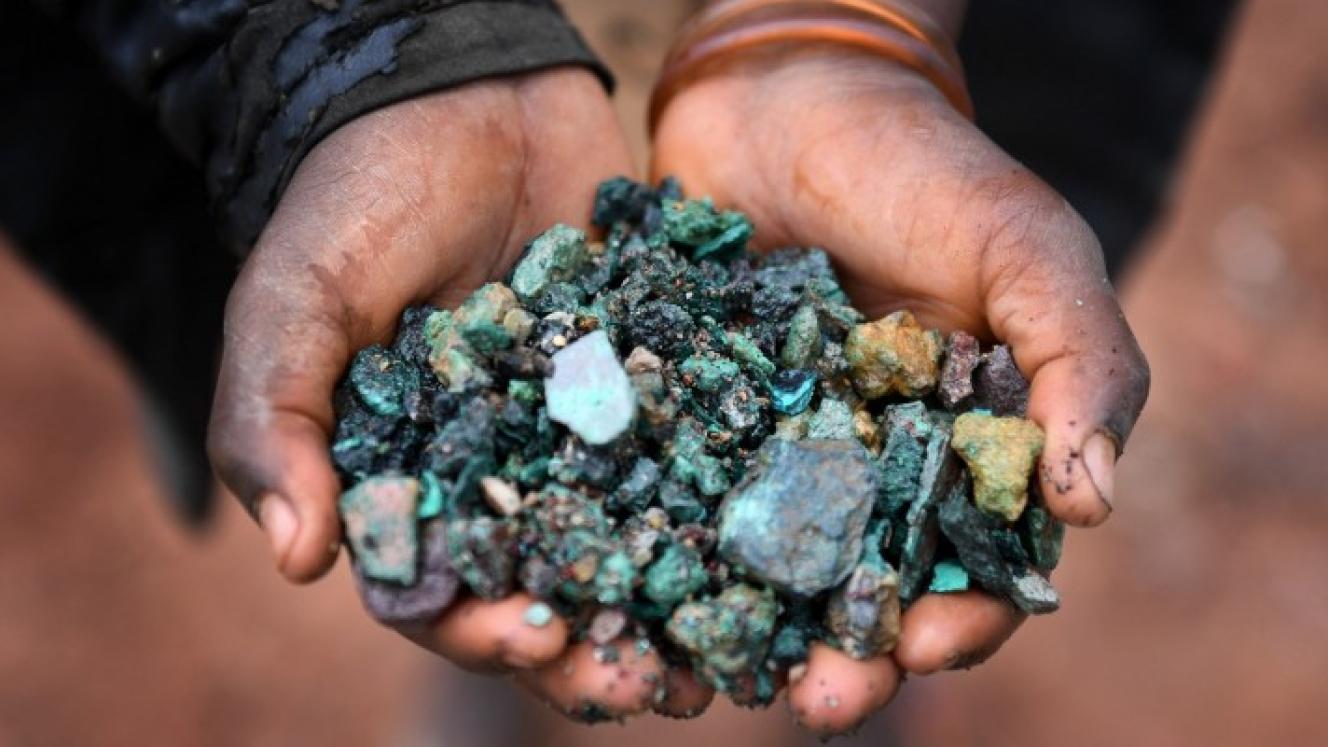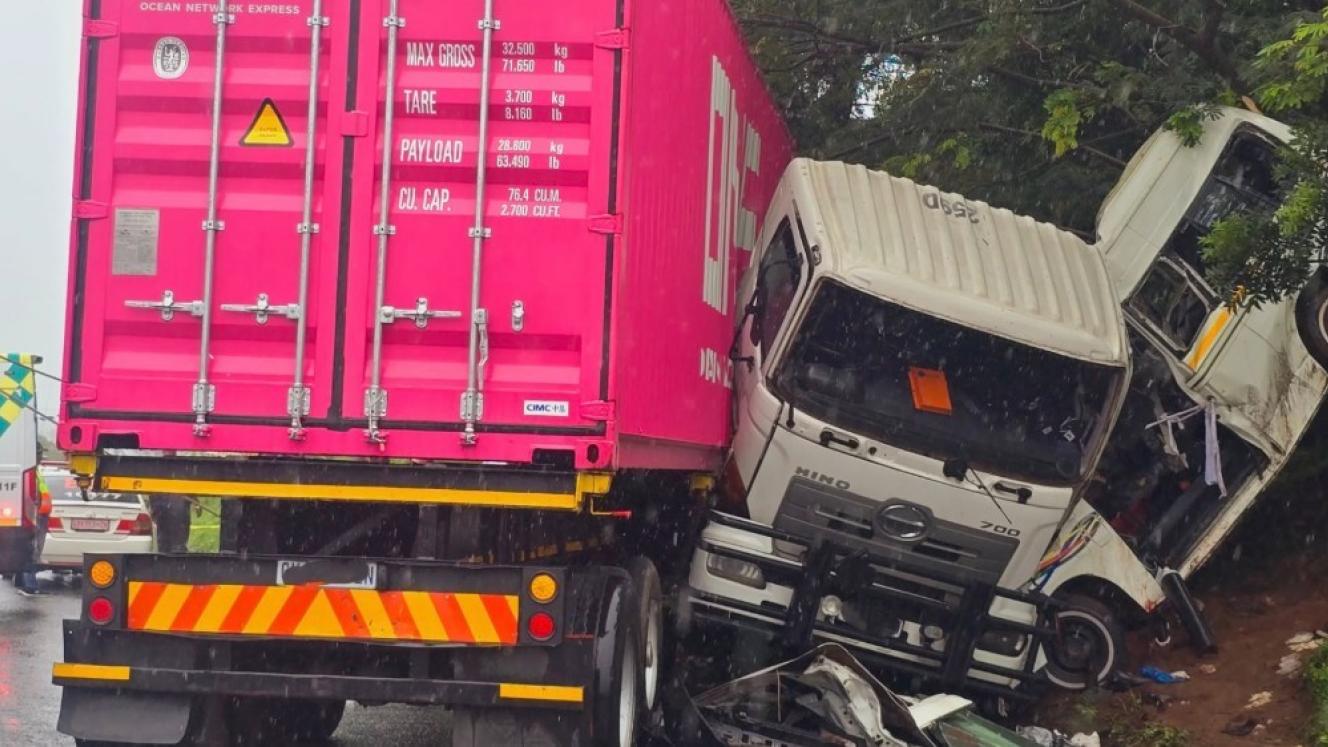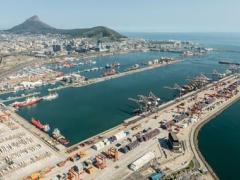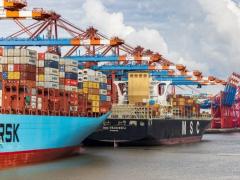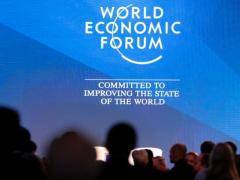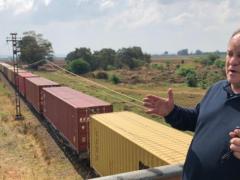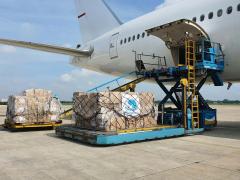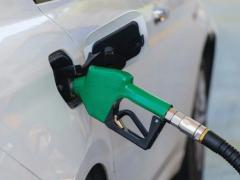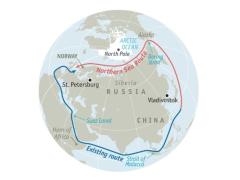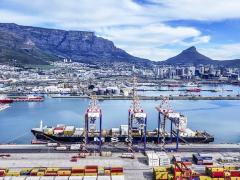Low levels of beneficiation are still characterising Africa’s resource-rich markets, the 2025/26 “Where To Invest In Africa” (WTIIA) report has found.
Compiled by investment consultancy Boundless World and Rand Merchant Bank, the report has found that raw commodities are still exported by producers reimporting their own refined minerals.
Nigeria, until recently, exemplified this trend in the oil sector.
Despite being the continent’s largest oil producer, the country lacked sufficient processing capacity, forcing it to export crude oil for refining abroad and then repurchase refined petroleum, the WTIIA report states.
These imports, denominated in US dollars, left local consumers vulnerable to fluctuations in global energy prices, often fuelling inflation.
Low beneficiation has also limited economic complexity across the continent. Countries exporting a broader and more sophisticated range of products tend to benefit from enhanced skills development, productivity and income.
Research increasingly highlights the role of economic complexity, not only as a measure of development but also as a driver of sustainability, in which domestic minerals refinement plays a crucial role.
Refined petroleum products, for instance, are inherently more complex than crude oil, the WTIIA report says.
Recent developments in offshore processing suggest that the lack of beneficiation in Africa may be shifting.
The most notable example is Nigeria’s new oil refinery, inaugurated by former President Muhammadu Buhari in May 2023.
The Dangote Petroleum Refinery, spearheaded by businessman Aliko Dangote, is one such development – a 650 000-barrel-per-day integrated facility in the Lekki Free Trade Zone, spanning 2 635 hectares and built at a cost of $19 billion.
Despite initial opposition from fuel importers and local depot owners, the refinery is expected to curb the country’s reliance on importing refined petroleum products.
The impact is already emerging. In May, South Africa overtook Nigeria as Africa’s largest importer of petrol, partly due to stagnating refining capacity in South Africa and Nigeria’s growing domestic output. According to S&P Global, the Dangote refinery now covers up to 60% of Nigeria’s gasoline demand as it nears full capacity.
Elsewhere on the continent, Zambia is pursuing similar goals. The Zambian government recently acquired a 26% stake in Angola’s Benguela (Lobito) oil refinery, currently under construction, the WTIIA report has found.
The deal, which includes equity in production and distribution, is seen by Energy Minister Peter Kapala as a pivotal step towards energy sovereignty and regional value retention.
“It extends beyond mere fuel; it is about control, ownership, and cultivating an Africa that retains its value chains within the continent,” he has said.
These initiatives are supported by the African Export-Import Bank, the largest financier of the Dangote refinery. The bank recently launched a $3bn revolving intra-African oil trade financing programme to facilitate the purchase of refined petroleum products, aiming to tackle Africa’s continued dependence on imports, which cost the continent around $30bn annually.
While the transition from exporting raw materials to producing finished products is gradual, seen in the Dangote refinery which took seven years to complete, it signals a shift away from Africa’s longstanding role as a supplier of low-complexity commodities.
